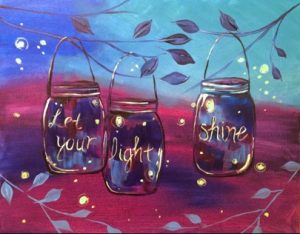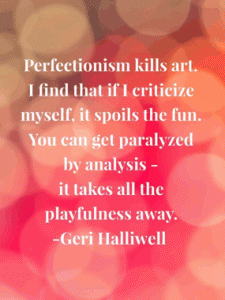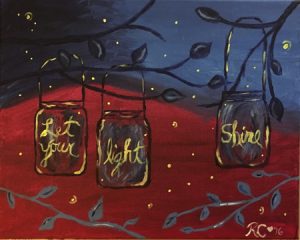Welcome to the October edition of Ask the Sweethearts! First, congratulations to Sioux Trett, winner of our September giveaway. She receives a Sweetheart book of her choice, just for being a subscriber. Thank you to all of our wonderful subscribers! xoxoxo
This month’s question: If you had to pick one thing that is key to a “happily ever after” relationship, what would it be?
 Karole Cozzo: Being on the other person’s side. I think the need to be on one another’s sides manifests in hundreds of different ways, often daily. It means recognizing their needs when they’re different from your own. It means having their back against problems or people or the world at large. It means supporting their interests or ambitions even if they don’t interest you or involve you. It means nurturing when nurturing is called for, or realizing you need to step back when you can’t fix a problem or they don’t want you to. It means celebrating a person’s accomplishments or recognizing their strengths at times when you might be experiencing struggle or defeat. Recognizing as a couple that you’re on the same team, even when you have your differences and arguments, and truly wanting for the best for the other person…. I think that’s one of the most critical components of a happily ever after, in fiction or reality.
Karole Cozzo: Being on the other person’s side. I think the need to be on one another’s sides manifests in hundreds of different ways, often daily. It means recognizing their needs when they’re different from your own. It means having their back against problems or people or the world at large. It means supporting their interests or ambitions even if they don’t interest you or involve you. It means nurturing when nurturing is called for, or realizing you need to step back when you can’t fix a problem or they don’t want you to. It means celebrating a person’s accomplishments or recognizing their strengths at times when you might be experiencing struggle or defeat. Recognizing as a couple that you’re on the same team, even when you have your differences and arguments, and truly wanting for the best for the other person…. I think that’s one of the most critical components of a happily ever after, in fiction or reality.
 Robin Constantine: One thing I think is key to a happily ever after is a sense of humor. Humor is such a personal quirk — there’s nothing quite like sharing a good laugh with someone to realize how well a person “gets you.” Making the object of your affection laugh (with you, not at you, although I guess under the right circumstances that would be okay too!) is one of the best feelings in the world. If you can keep a sense of humor through the tough times, you know you’ve got someone you can count on.
Robin Constantine: One thing I think is key to a happily ever after is a sense of humor. Humor is such a personal quirk — there’s nothing quite like sharing a good laugh with someone to realize how well a person “gets you.” Making the object of your affection laugh (with you, not at you, although I guess under the right circumstances that would be okay too!) is one of the best feelings in the world. If you can keep a sense of humor through the tough times, you know you’ve got someone you can count on.
 Erin Fletcher: The one thing I think is key to a “happily ever after” relationship is happiness. Okay, okay, maybe that’s cheating, but hear me out. Happiness means joking and laughing together. It means not taking the other person (or yourself!) too seriously. It means spending time doing things you both truly enjoy. It means brightening the other person’s day and savoring every second when they do the same for you. With happiness, there’s no room for sweating the small stuff. There’s no room for anger or jealousy or other challenges. See? Happiness leads to happily ever after. Simple but true!
Erin Fletcher: The one thing I think is key to a “happily ever after” relationship is happiness. Okay, okay, maybe that’s cheating, but hear me out. Happiness means joking and laughing together. It means not taking the other person (or yourself!) too seriously. It means spending time doing things you both truly enjoy. It means brightening the other person’s day and savoring every second when they do the same for you. With happiness, there’s no room for sweating the small stuff. There’s no room for anger or jealousy or other challenges. See? Happiness leads to happily ever after. Simple but true!
 Linda Budzinski: As Aretha Franklin says, R-E-S-P-E-C-T. (And more than just a little bit.) Because if you’re together long enough, you’re going to hit a rough patch or two or twenty, but if you respect each other, you can get through it. Respect isn’t enough to get through everything, but it’s essential to get through anything. Without it, you don’t stand a chance. The tough times will tear you apart.
Linda Budzinski: As Aretha Franklin says, R-E-S-P-E-C-T. (And more than just a little bit.) Because if you’re together long enough, you’re going to hit a rough patch or two or twenty, but if you respect each other, you can get through it. Respect isn’t enough to get through everything, but it’s essential to get through anything. Without it, you don’t stand a chance. The tough times will tear you apart.
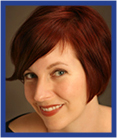 Darcy Woods: Ever read or attend a workshop by story master Michael Hauge? If so, my answer’s going to have a ring of the familiar. (If not, I can’t recommend him enough!) The key thing that makes for enduring HEAs is when two characters connect at their essence. Sound too New Agey? Don’t worry, you won’t need a mystical satchel of crystals to understand. This is basic human psychology, folks! Because we each believe ourselves to be a particular kind of person. We lead entire lives fulfilling this narrative. This is the face we show the world, but not necessarily the full truth of who we are. Our “essence,” or core, is who we are when you peel away all the defenses and limiting self-beliefs. It’s our purest self. Now, think about some of your favorite literary couples and what’s the common denominator? They almost ALL share this innate ability to see something in one another that the rest of the world does not (or doesn’t see with quite the same clarity). This is the person they fall in love with — their truest, most unfiltered self. And how can you not hardcore swoon for a love so deep?
Darcy Woods: Ever read or attend a workshop by story master Michael Hauge? If so, my answer’s going to have a ring of the familiar. (If not, I can’t recommend him enough!) The key thing that makes for enduring HEAs is when two characters connect at their essence. Sound too New Agey? Don’t worry, you won’t need a mystical satchel of crystals to understand. This is basic human psychology, folks! Because we each believe ourselves to be a particular kind of person. We lead entire lives fulfilling this narrative. This is the face we show the world, but not necessarily the full truth of who we are. Our “essence,” or core, is who we are when you peel away all the defenses and limiting self-beliefs. It’s our purest self. Now, think about some of your favorite literary couples and what’s the common denominator? They almost ALL share this innate ability to see something in one another that the rest of the world does not (or doesn’t see with quite the same clarity). This is the person they fall in love with — their truest, most unfiltered self. And how can you not hardcore swoon for a love so deep?
 Stephanie Scott: While in romance books it’s often true that opposites attract, in real life you need at least some common interests — a shared sense of humor or similar way of looking at the world. I do think a little bit of opposite interests helps so each person maintains his or her own identity and strengths. Being able to value each other’s unique interests is key to the “ever after” aspect of happy.
Stephanie Scott: While in romance books it’s often true that opposites attract, in real life you need at least some common interests — a shared sense of humor or similar way of looking at the world. I do think a little bit of opposite interests helps so each person maintains his or her own identity and strengths. Being able to value each other’s unique interests is key to the “ever after” aspect of happy.
What do you think? What is the key to an HEA? Tell us in the comments! xoxoxo


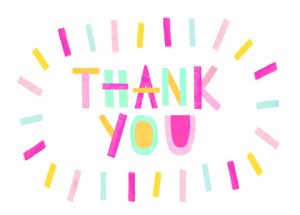
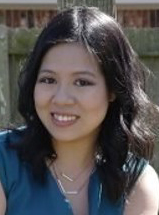 Our September guest is Jenn P. Nguyen, whose debut novel,
Our September guest is Jenn P. Nguyen, whose debut novel, 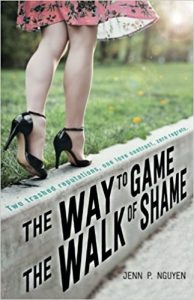 I have written six novels. THE WAY TO GAME THE WALK OF SHAME is the fifth and only one to be published. I’ve queried all the others, but now as I look back on them, I can see why I didn’t have any bites. And why they’re now buried on my bookshelf. But I don’t regret any of it at all. With each book, I learned a bit more about the writing and querying process, which ultimately led me to publishing THE WAY TO GAME.
I have written six novels. THE WAY TO GAME THE WALK OF SHAME is the fifth and only one to be published. I’ve queried all the others, but now as I look back on them, I can see why I didn’t have any bites. And why they’re now buried on my bookshelf. But I don’t regret any of it at all. With each book, I learned a bit more about the writing and querying process, which ultimately led me to publishing THE WAY TO GAME.